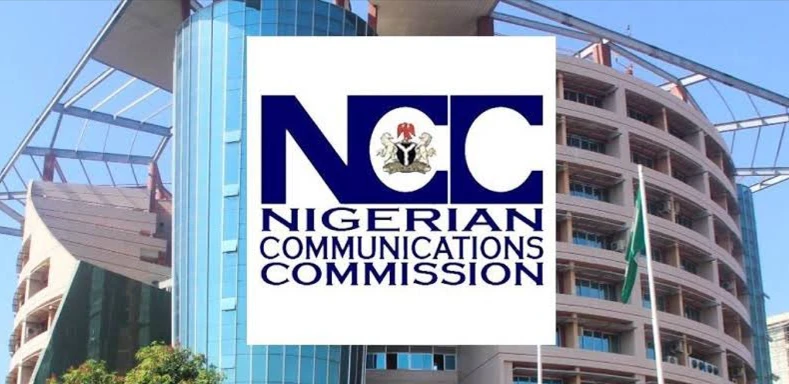NATCOMS urges NCC to approve a 10% telecom tariff hike to address rising operational costs and improve service quality in Nigeria's struggling telecom sector.

The Nigerian telecommunications sector has experienced significant growth over the years, evolving into an essential pillar of the country’s economy. However, recent economic challenges have placed the sector under tremendous strain. Rising operational costs, driven by escalating fuel prices and inflation, have prompted calls for a modest increase in service tariffs.
The National Association of Telecommunications Subscribers (NATCOMS) is at the forefront of this movement, urging the Nigerian Communications Commission (NCC) to approve a 10% hike in telecom tariffs. While this proposal has sparked a debate among consumers and industry stakeholders, the increase is seen as vital for maintaining service quality and the viability of telecom operators.
Reasons Behind the Call for a Tariff Increase
The telecommunications industry, much like other sectors in Nigeria, has been grappling with rising costs due to the economic climate. According to NATCOMS President, Mr. Adeolu Ogunbanjo, the sector has been operating under severe financial strain. The prices of key resources such as petrol and diesel, essential for running network infrastructure, have soared over the past year. Despite these rising costs, telecom companies have not raised their service charges in over a decade.
The increasing operational expenses are not limited to fuel alone. Exchange rate volatility, inflation, and other macroeconomic factors have pushed the sector into what has been described as an "intensive care unit" by renowned economist Bismarck Rewane.
During a recent workshop, Rewane pointed out that the telecom sector is on the verge of collapse if urgent interventions, including a tariff increase, are not implemented.
Impact of Economic Challenges on Service Quality
Subscribers have noticed a decline in the quality of telecom services in recent months. The financial pressures on telecom companies have led to network downtimes, slower internet speeds, and frequent service disruptions. This has been particularly troubling for sectors that rely heavily on telecommunications, such as banking, healthcare, and education.
Ogunbanjo notes that without a tariff adjustment, telecom operators may be forced to implement load shedding strategies—similar to electricity rationing. This would mean providing services in select areas during designated times, further degrading the overall user experience and disproportionately affecting low-revenue regions.
Balancing Consumer Interests and Industry Sustainability
While the tariff increase may be inevitable, it is important that the NCC, telecom companies, and consumer advocacy groups work together to strike a balance. Subscribers, who are already grappling with inflation and reduced purchasing power, should not bear the entire brunt of rising operational costs. A phased implementation of the tariff hike, coupled with clear communication from telecom companies about how the additional revenue will improve service quality, could help ease the transition.
Furthermore, stakeholders must explore alternative solutions to reduce operational costs, such as adopting more energy-efficient technologies and exploring renewable energy options to power network towers. This could help mitigate the impact of fluctuating fuel prices in the future.
Conclusion
The proposed 10% tariff increase for Nigeria’s telecom sector is a complex issue that requires careful consideration of both industry sustainability and consumer protection. While no one welcomes higher costs, the reality is that telecom companies need financial relief to continue providing reliable services. Without intervention, the sector risks further deterioration, which could have devastating effects on the economy at large.
As the debate continues, it is crucial for all stakeholders—subscribers, telecom operators, regulators, and the government—to collaborate and find a solution that ensures the long-term health of Nigeria's telecom industry. By approving a modest tariff increase and committing to infrastructure improvements, the country can safeguard one of its most critical sectors while maintaining quality services for all.

